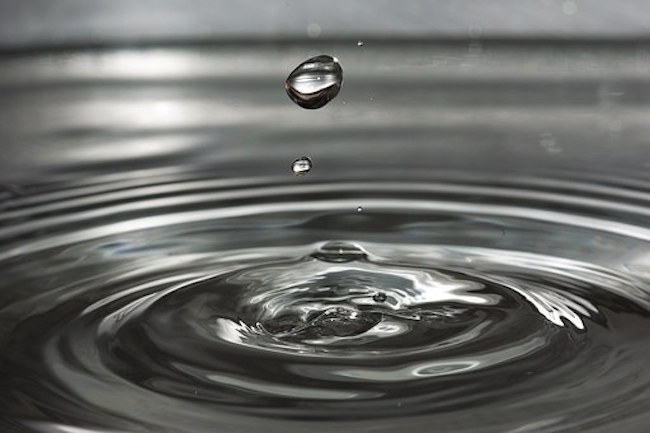World’s Rivers Awash In Pharmaceuticals, Historic Study Reveals By Jessica Corbett for Natural Blaze
GNN Note – Whoever cooks with tap water… Whoever brushes their teeth with tap water… Every time we eat a fresh water muscle, crawfish or any type of fresh water fish we are consuming untold narcotics, antidepressants and antibiotics. To say nothing of everything else. / END
Underscoring the value of collaboration, experts from around the world on Monday unveiled what they described as the first “truly global study” of pharmaceutical drugs contaminating rivers, which has “deleterious effects on ecological and human health.”
The historic analysis, published in the journal Proceedings of the National Academy of Sciences, involved 127 authors from 86 institutions. They examined surface water samples from 1,052 sites in 104 countries—including 36 that had never been monitored before— across all continents for 61 different active pharmaceutical ingredients (APIs).
Sample sites ranged from an Indigenous community in Venezuela where modern medicine is not used to highly populated urban areas such as Delhi, London, and New York City. Researchers also gathered samples from regions with political instability, including Baghdad, Nablus in the Palestinian West Bank, and Cameroon’s capital, Yaoundé.
The United States was the “most extensively studied” nation, with samples collected at 81 locations along 29 rivers across Colorado, Florida, Hawaii, Iowa, Missouri, Nevada, New York, and Texas. Samples were also taken in every European Union member state except Malta, which the paper explains “was not included due to the country’s lack of rivers.”
The paper notes that all four contaminants detected on every continent—caffeine, nicotine, acetaminophen or paracetamol, and cotinine—are “considered either lifestyle compounds or over-the-counter APIs.” Another 14 APIs, including various antidepressants and antihistamines, were found on all continents except Antarctica.
“Concentrations of at least one API at 25.7% of the sampling sites were greater than concentrations considered safe for aquatic organisms, or which are of concern in terms of selection for antimicrobial resistance,” the study states. “Therefore, pharmaceutical pollution poses a global threat to environmental and human health, as well as to delivery of the United Nations Sustainable Development Goals.”




